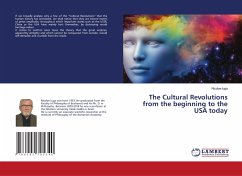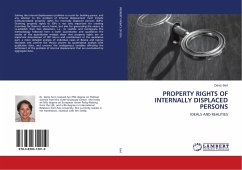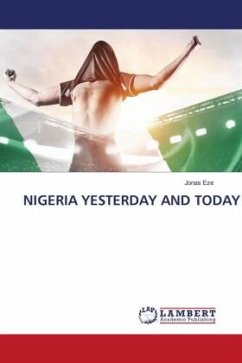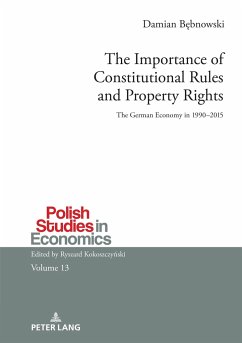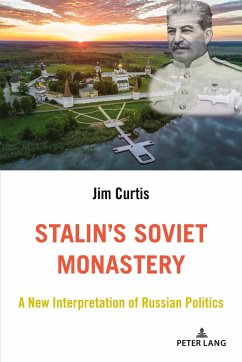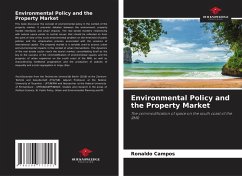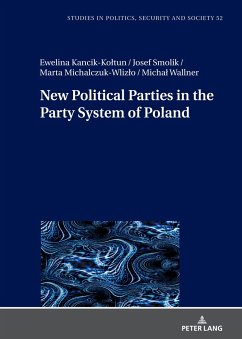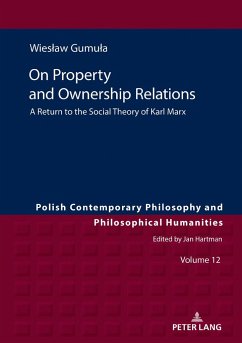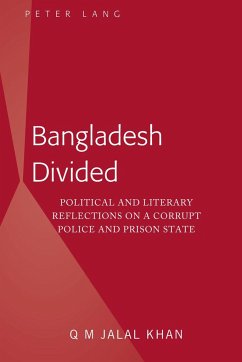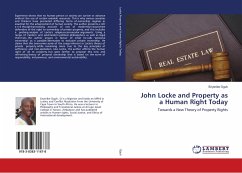
John Locke and Property as a Human Right Today
Towards a New Theory of Property Rights
Versandkostenfrei!
Versandfertig in 6-10 Tagen
45,99 €
inkl. MwSt.

PAYBACK Punkte
23 °P sammeln!
Experience shows that no human person or society can survive or advance without the use of certain valuable resources. This is why various societies and thinkers have promoted differing forms of ownership regimes as essential for the advancement of human society. The author presents a rich and thought-provoking account of one of modernity's staunchest defenders of the right to ownership of private property, and this includes a probing analysis of Locke's religious-cum-secular arguments. Using a range of modern and postmodern political philosophers as well as legal theorists, the author argues ...
Experience shows that no human person or society can survive or advance without the use of certain valuable resources. This is why various societies and thinkers have promoted differing forms of ownership regimes as essential for the advancement of human society. The author presents a rich and thought-provoking account of one of modernity's staunchest defenders of the right to ownership of private property, and this includes a probing analysis of Locke's religious-cum-secular arguments. Using a range of modern and postmodern political philosophers as well as legal theorists, the author argues in favour of what he calls "personal ownership" as a possible alternative to exclusive private ownership. He claims that this overcomes some of the snags inherent in Locke's theory of private property while remaining more true to the key principles of sufficiency and non-spoliation. Like Locke, the author affirms the human right of all to property, but goes farther to propose this new and refreshing theory of personal ownership that is based on the norm of responsibility, inclusiveness, and environmental sustainability.



